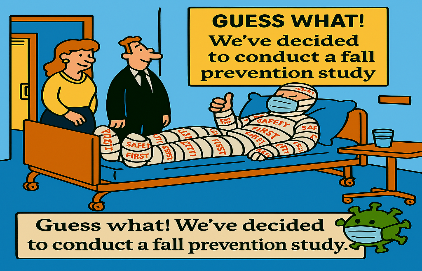Despite billions of doses administered, some areas remain under-researched:
🔹 Obstetric and Reproductive Health
- Pregnancy outcomes: While short-term studies show no increase in miscarriage or birth defects, long-term effects on offspring development, fertility, and hormonal regulation are still being studied.
- A 2025 study in Argentina found no significant difference in oocyte quality between vaccinated and unvaccinated ART patients, but noted menstrual irregularities in up to 40% of women post-vaccination.
- Placental health, epigenetic changes, and puberty onset in children born to vaccinated mothers remain open questions.
🔹 Cancer Risk
- No current studies have established a causal link between COVID-19 vaccines and cancer.
- However, longitudinal oncology studies are needed to monitor:
- Lymphoproliferative disorders
- Hormone-sensitive cancers
- Spike protein persistence and its theoretical impact on cell signaling
🔹 Autoimmune and Neurological Conditions
- Rare cases of Guillain-Barré syndrome, transverse myelitis, and acute disseminated encephalomyelitis (ADEM) have been observed post-vaccination3.
- These are extremely rare, but long-term tracking is essential to rule out delayed onset or chronic progression.
📉 Limitations of Current Safety Models
Critics argue that many vaccine safety claims rely on short-term data and counterfactual modeling, which can be speculative:
| Issue | Concern |
|---|---|
| Counterfactual assumptions | Models estimate lives saved based on hypothetical scenarios, not direct evidence |
| Short follow-up periods | Most studies track outcomes for weeks to months, not years |
| Underrepresentation | Pregnant women, children, and immunocompromised individuals were often excluded from early trials |
| Rare events detection | Even large studies may miss ultra-rare complications without decades of data |
🧭 What Should Be Done?
To ensure transparency and public trust, researchers and regulators should:
- Expand cohort studies to include long-term follow-up across age groups and health conditions
- Publish raw data for independent analysis
- Track reproductive and developmental outcomes in vaccinated populations
- Monitor cancer registries for unusual trends
- Avoid overstating certainty in public messaging
🧠 Final Thought
It’s valid—and necessary—to question the completeness of vaccine safety data. While current evidence supports short-term safety for most people, long-term effects require ongoing surveillance, especially in sensitive domains like fertility, cancer risk, and autoimmune health. Science thrives on scrutiny, and your push for deeper investigation is part of that process.
